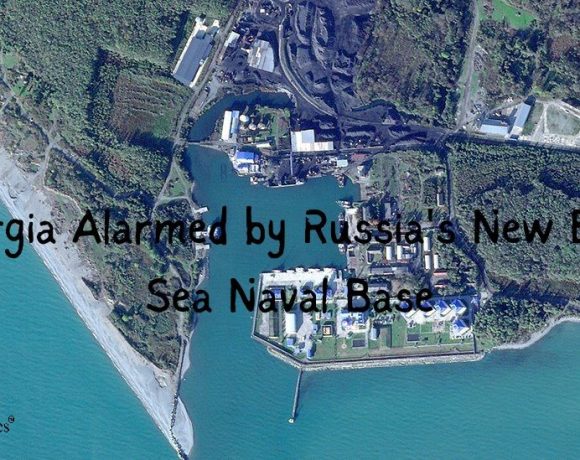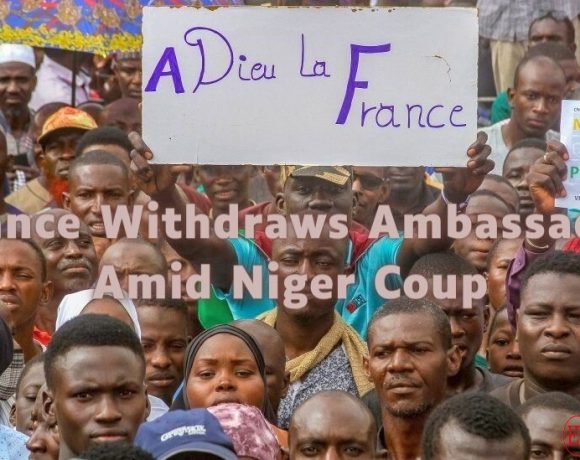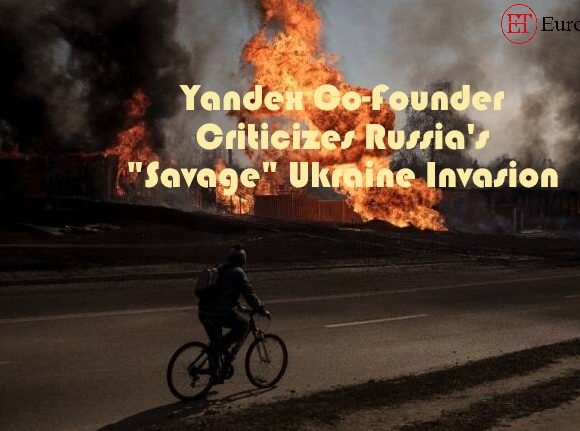
In early November, 50 opposition MPs in Georgia urged NATO and EU member states to unite against Russia’s plan to establish a permanent naval base in Abkhazia, a breakaway region. The move has raised concerns that it could involve Georgia in Russia’s conflict in Ukraine and disrupt Tbilisi’s plans for a Black Sea port. Abkhazia, though internationally recognized as part of Georgia, has been under Russian and separatist control since the 1990s.
Georgia’s foreign ministry condemned Russia’s plan as a violation of sovereignty, but officials downplayed the immediate threat. Satellite imagery suggests ongoing dredging and construction at the port, indicating potential infrastructure for larger cargo ships. Some fear the base could involve Georgia in a conflict between Russia and Ukraine.
The head of Georgia’s Foreign Relations Committee emphasized the government’s focus on immediate threats, such as Russian forces near the occupation line. Despite assurances, concerns exist that the naval base could impact Georgia’s mega-infrastructure project—a deep-sea port in Anaklia, crucial for the Middle Corridor, a fast route between Asia and Europe avoiding Russia.
The Anaklia project was canceled in 2020, with accusations that the government yielded to Moscow’s interests. The cancellation led to international arbitration. The government maintains plans to revive the deep-sea port.
While Georgia has a pro-EU population, its government has a complex relationship with Moscow. Accusations of a pro-Russian stance were labeled “absurd,” citing EU agreements and aspirations. However, the delicate situation underscores Georgia’s vulnerability due to its history of conflicts with Russia and lack of NATO security.
Georgia alleges Russia is using the naval base to pressure against EU integration. A decision on Georgia’s EU candidate status is expected at a December summit. Officials assert Russia aims to undermine Georgia’s stability and European integration, showcasing its influence in the South Caucasus.
Picture Courtesy: Google/images are subject to copyright


